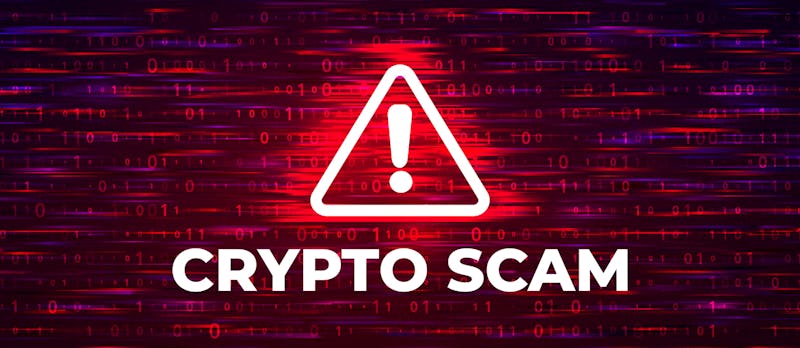
The Bitcoin Scam That’s Cost Victims Over $800,000—and What You Must Know to Protect Yourself
At Carlson Meissner Hayslett, we’ve seen firsthand how quickly financial lives can be ruined by a single phone call. One of the most dangerous and fast-growing threats today isn’t theft in the physical world—it’s happening in your pocket, through your phone, and targeting your digital assets: Bitcoin scams.
The $800,000 Scam That’s Sweeping the Nation
One victim lost over $800,000—yes, nearly a million dollars—in a sophisticated Bitcoin scam that’s becoming alarmingly common.
Here’s how it works:
- You get a call or text message from someone claiming to be from Coinbase, Binance, or another major crypto exchange.
- They sound convincing. They may even know your name, email, phone number, or past transaction history (thanks to recent data breaches).
- They say your account has been “compromised,” and that you need to act urgently to protect your funds.
- They instruct you to transfer your crypto to a “safe wallet” or “secure vault.”
- Once the transfer happens, your funds are gone forever.
Red Flags You Should Never Ignore:
- A phone call or text from someone claiming to be from a crypto exchange.
- Pressure to act immediately or face “account lockout” or “fund loss.”
- Being told to transfer funds to a new “secure wallet.”
- Being asked for your passwords, 2FA codes, or private keys—information no real company will ever request.
Why Does It Work?
Because the scammers are smart. They often:
- Use spoofed phone numbers that appear to be from real institutions.
- Reference accurate details about your crypto account (leaked from data breaches).
- Sound calm, authoritative, and convincing.
- Exploit the irreversible nature of cryptocurrency—once it’s gone, it’s truly gone.
Other Variants of the Scam We’re Seeing:
- Impersonating government agencies (e.g., IRS or FBI) and claiming Bitcoin must be sent to settle a legal matter.
- Fake investment platforms where victims are lured into depositing crypto that “grows” in value—only to find they can never withdraw it.
- Romance scams where online relationships are used to manipulate victims into “investing together” in crypto.
How to Protect Yourself (and Your Crypto):
- Hang up immediately on unsolicited calls about your crypto.
- Never give out your password, 2FA code, or seed phrase—not even to someone claiming to be “tech support.”
- Verify through official channels. Log into your exchange directly—never click links or call back unknown numbers.
- Use a hardware wallet for large amounts of crypto—never keep it all on exchanges.
- Enable 2FA and use strong, unique passwords.
- Share this article to protect others—especially those newer to crypto.
Why These Scams Are So Hard to Stop
Many clients ask us, “Why don’t the police just arrest them?” Unfortunately, most of these scams originate overseas, using:
- Fake names and identities
- Encrypted messaging platforms
- Crypto mixers and multiple wallet hops
- Foreign exchanges outside U.S. jurisdiction
- Even when law enforcement acts quickly, by the time investigators trace the funds, they’ve already been laundered across multiple networks and cashed out—beyond the reach of subpoenas or U.S. courts.
Final Thought from Our Legal Team
If something feels off, trust your gut. The cost of skepticism is zero. The cost of falling for a scam could be everything.
If you or someone you know has been scammed, we’re here to help. Our team at Carlson Meissner Hayslett works with victims of financial fraud and crypto crime to explore every available legal remedy.
Contact Us
Think you’ve been targeted by a crypto scam? Call us immediately at 727-306-0273 or visit https://carlsonmeissner.com/. Time is critical. Every hour matters.

